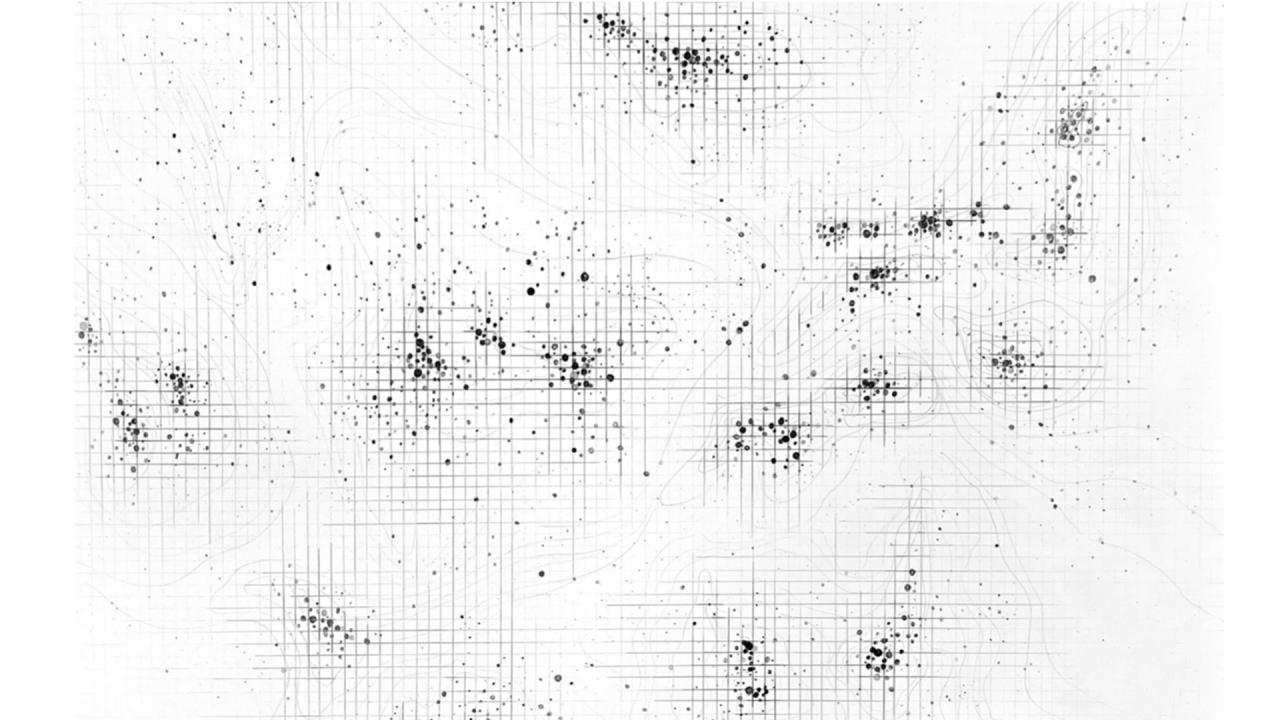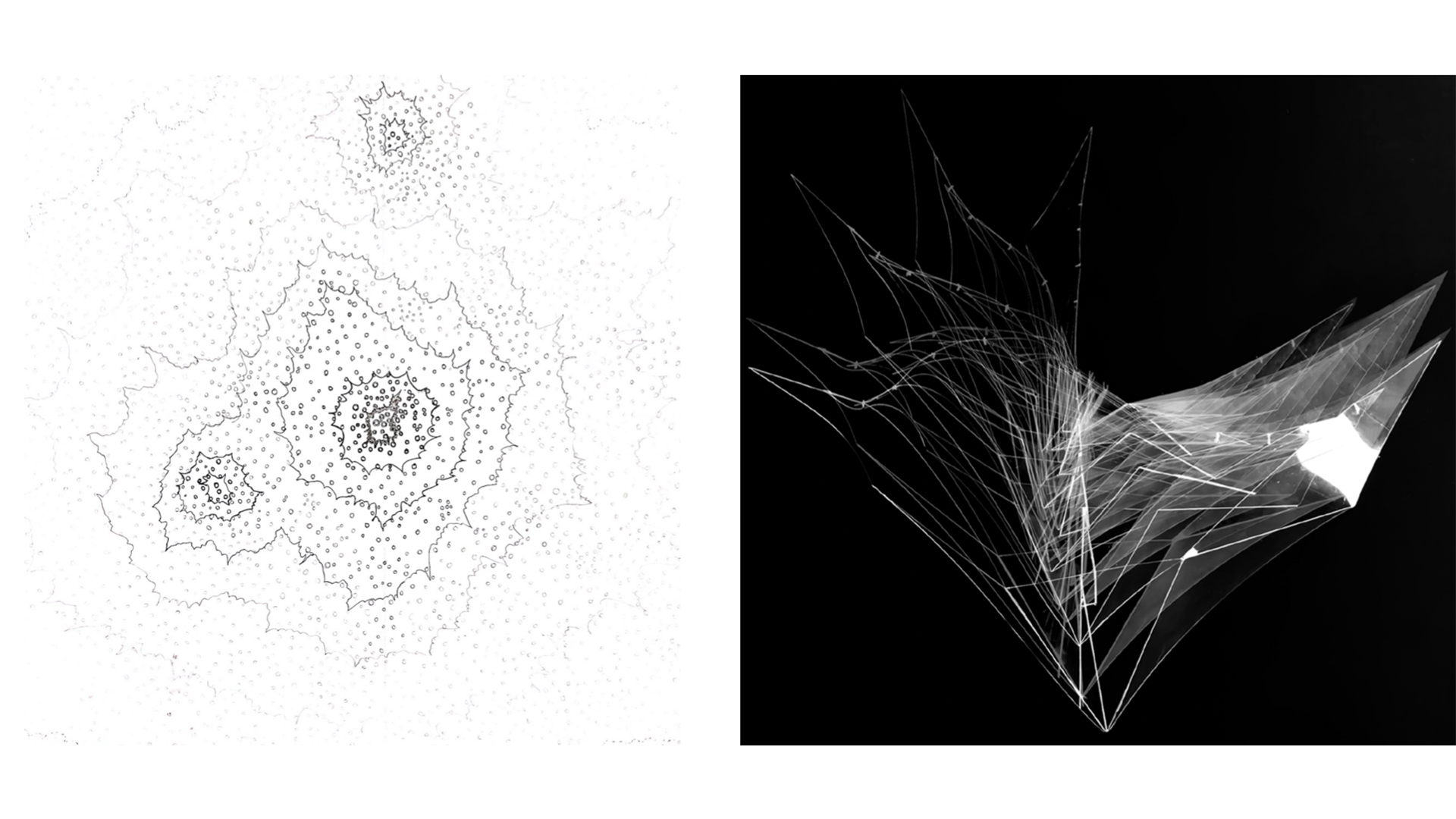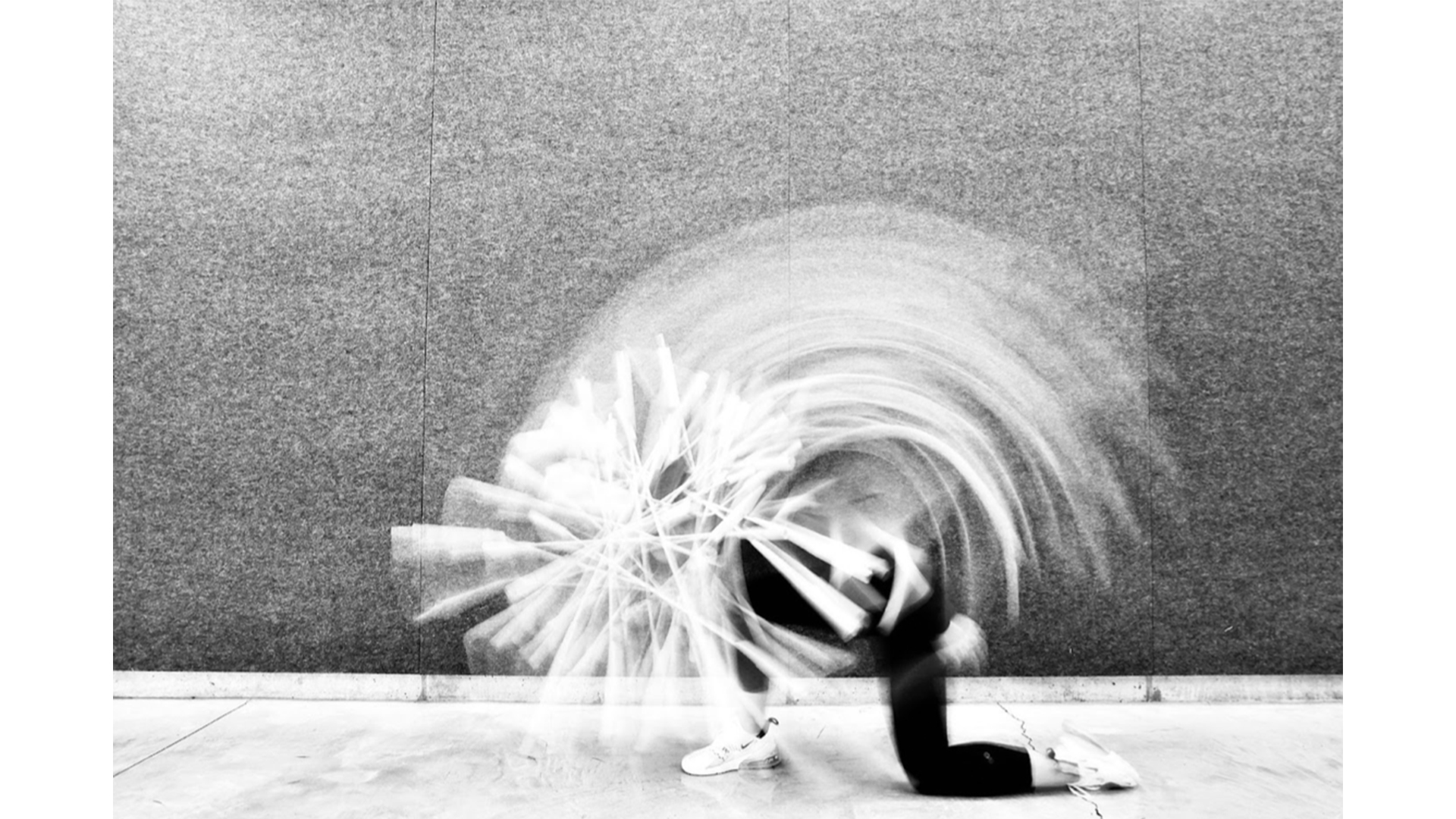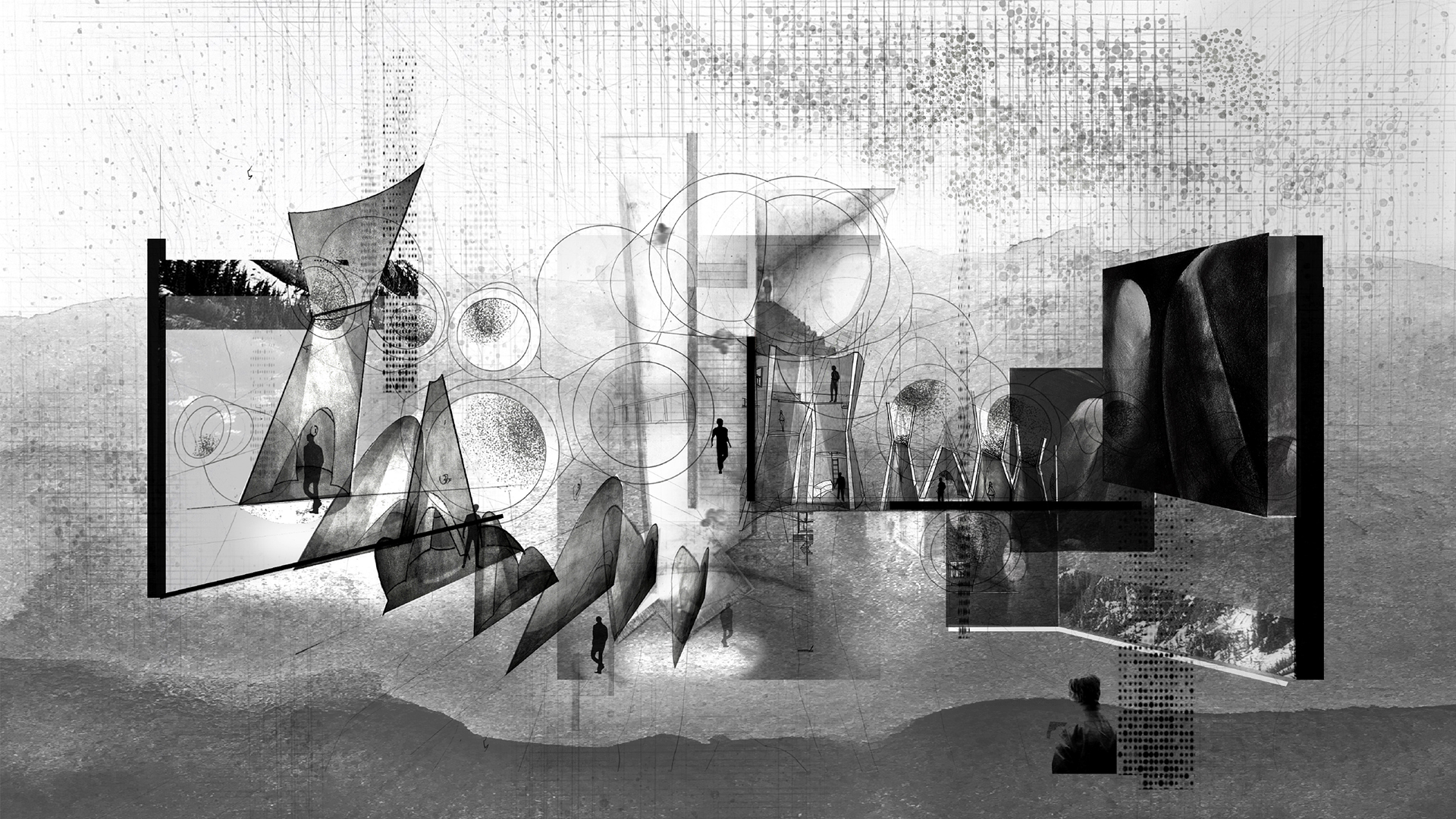Instructors
Felix Heisel *
Dillon Pranger
Teaching Associates
Wendolin Gonzalez
Nina Koscica
Cait McCarthy
Evan McDowell
Duncan Steele
Jordan Young
Acts of Climate // Climatic Acts
Fall 2021 - ARCH 1101, B.Arch 1st Year Design Studio - with Dillon Pranger

On August 7th 2021, the Intergovernmental Panel on Climate Change (IPCC), which is convened by the United Nations and involved more than 200 scientists and thousands of climate studies, published its Sixth Assessment Report stating that (1) “it is unequivocal that human influence has warmed the atmosphere, ocean and land”, and that (2) “human-induced climate change is affecting many weather and climate extremes in every region across the globe”. Named examples include “heatwaves, heavy precipitation, droughts and tropical cyclones”. [1] The report then continues that the amount of carbon dioxide and other heat-trapping gases released to date will result in a continued warming of the atmosphere until at least the year 2050, reaching the ambitious Paris Agreement limit of 1.5 degree Celsius of warming well before that, perhaps even by the end of this decade.
Buildings and construction together account for about 50% of resource extraction, at least 40% of carbon dioxide emissions and 50% of solid waste production globally. [2] All of these factors are dominant reasons for climate change and we – as (future) architects – play a significant role in the continued development of the planet.
This course questions the past, current and future relationship of architecture and climate by aiming to redefine the building’s role within its context as active and beneficial participant. Students are asked to contemplate (1) how we may re-strengthen the reciprocal influences of local conditions such as weather and climate through specificity in material, program, space and systems in an effort to develop a climate-positive and climate-just architecture; and (2) how architecture can have a positive influence on the local climate by understanding the built environment as both reactive and pro-active contributor to its social and physical context in times of planetary changes. [3, 4] Consequently, the semester spans from research and analysis, through interpretation and mediation of concepts and systems to the design of several small and precise research outposts – Climatic Acts – in specific extreme weather conditions and climatic zones. This design agenda is supported by incremental skill building exercises, tutorials, workshops and readings, and aims to situate itself within Cornell’s larger environmental agenda across the first-year architecture curriculum.
This course is designed as an introduction to architecture, by constantly and fundamen-tally challenging our understanding of “what architecture is” or could be. The role of first year design is to introduce students to the basic architectural concepts, techniques, and devices that students will be using throughout the duration of their architectural education. Following the understanding that there is not one ‘right’ answer in architecture, a series of exercises are designed to aid with the training of critical minds and conceptual thinking – aiming to equip our students with the necessary tools and knowledge to discover and validate their own personal answers to given questions and briefs of the discipline.
[1] Intergovernmental Panel on Climate Change. Sixth Assessment Report. IPPC, 2021.
[2] Circular Construction Lab.http://ccl.aap.cornell.edu
[3] Caroline O’Donnell, and Dillon Pranger (eds.). The Architecture of Waste: Design for a Circular Economy. Routledge. 2020. Print
[4] Hebel, Dirk E., Marta H. Wisniewska, and Felix Heisel (eds.) Building from Waste, Recovered Materials in Architecture and Construction. Birkhäuser. 2014. Print

Project by Nate Jonas

Project by Sun Jiawei

Project by Tracy Qui

Project by Jungwen Gu, Photo by William Staffeld

Project by Li Jeff

Project by Jessie Zhang

Project by Nate Jonas

Project by Sun Jiawei

Project by Tracy Qui

Project by Jungwen Gu, Photo by William Staffeld

Project by Li Jeff

Project by Jessie Zhang




